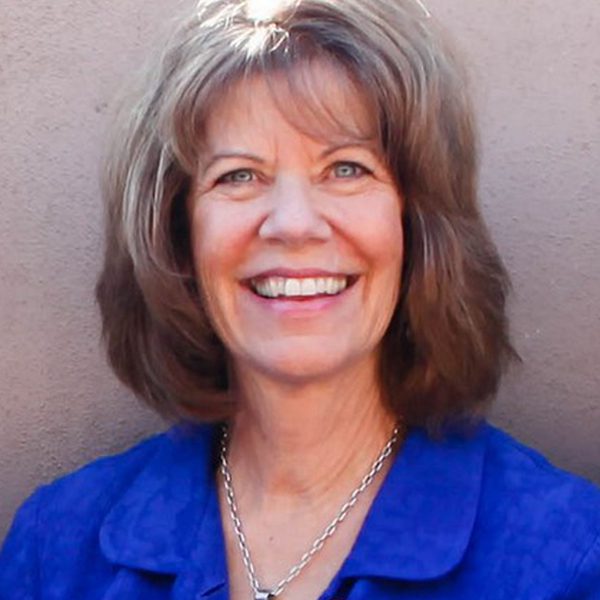
by Mindy Griffith | Sep 7, 2021 | Podcasts
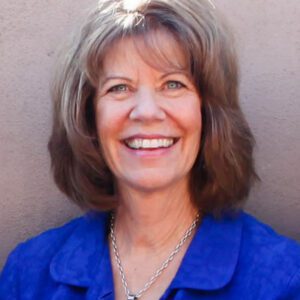
Hear from Bag It Founder, Sherri Romanoski, as she shares with Impact Gap the importance of patient-physician communication, being your own advocate, and survivorship. Impact Gap is a graduate student-run, patient-centered podcast group at the University of Toronto. Their mission is to provide a platform to amplify patient perspectives, acknowledge patients as experts in their care, and raise awareness for important patient issues.

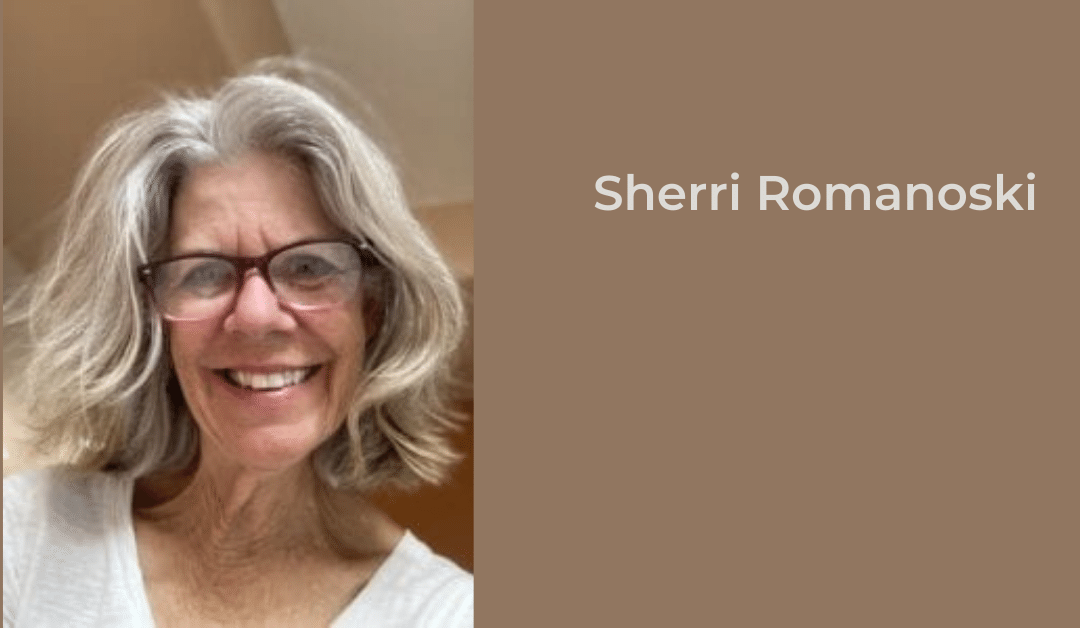
by Sherri Romanoski | Jun 23, 2021 | Blog
Survivorship is such a tenuous concept. Who is a survivor? What’s the measurement stick? Time? Quality of life? Remission? Cancer-free (for the time being)?

Sherri in 2021
The term “survivor” resonates with so many but it just never has felt a right fit to me. I do feel like I survived something….but it might not be exactly the cancer I was diagnosed with almost 20 years ago. That is still hanging around in forms of neuropathy and other nagging long-term and late-effect issues. I still get the heebie jeebies when I go for screening. Lots of self-talk. That doesn’t sound like a true, viable survivor attitude in my head.
What I did survive was learning how to do something extremely difficult and challenging and come out on the other side. Some days are better than others, but it IS on the other side. I survived telling my teenage sons I had cancer when I could barely get the stupid word out. I survived all those disappointing non-reactions and reactions from family, friends and colleagues. I survived my husband growing a beard for some odd reason when I was going bald. No justice in that! I survived throwing up in the chemo room (at lunch time of course – amazing how quickly people can tuck away a sandwich!) I survived the health care system that wasn’t exactly all that helpful on the social/emotional side of things. I survived realizing that my life was not eternal.
Looking for the Humor
And surviving cancer is not without humor. Telling my class of kindergartners and parents that I had cancer was a challenge, especially showing up with 1” hair (a different color of course) sticking up all over my head. And no eyebrows. That I nearly did not survive. I never learned the trick of eyebrow liner. Always ended up with these winging designs that sent me into fits of laughter. I kept telling the kiddos that yes, it really was me. I got a call from the school office after I made my first classroom visit to come “pick up a personal item.” Turned out to be my new breast prosthesis that apparently I did not have the correct knack of using. It had fallen out of my shirt and onto the classroom floor. The kindergarteners were playing Frisbee with it across the room when the principal came in. Took him awhile to figure out just what it was. He had the substitute place it discreetly in a brown bag and take to the front office for “pick up.” I did survive the initial humiliation and then broke out in huge chuckles.
Taking a Leap of Faith
I survived the life-changing challenges of starting a cancer non-profit while continuing to teach. I had absolutely no business experience, just a passion to help educate and make things easier for others. I survived asking for LOTS of help which was not in my comfort zone. Today, almost twenty years later, we have a new executive director leading the way. I am blessed to still be involved in a meaningful way. Still surviving.
Surviving is not without its disappointments. With this work, I have not completely survived feeling so incredibly guilty around others with cancer that have metastatic disease and/or going through cancer treatment for chronic disease….no end in sight. I still struggle when fellow cancer advocates with chronic disease disregard my completed, past treatment thinking I can’t comprehend their chronic situation. That hurts. I don’t understand fully, but I really, really try.
Inspiring Other Advocates
How much of a challenge is it for someone surviving cancer to become an advocate for others in the same space? Tremendous! So I founded an annual leadership conference ten years ago for cancer advocates helping others with all types of cancer in all kinds of capacities (Escape to THRIVE). These advocates are filling gaps in cancer care all over the country. All of them not only surviving but taking that giant leap into helping others through all this. I hesitate to call it a journey…that’s so cliché these days but it is a voyage. We are all travelers in that cancer space. The courage of all these people that have CHOSEN to help others despite the constant reminder of their own cancer! They have taken on the job as advocate and guide. It takes such bravery as they are reminded almost daily of their own experiences. I get such extreme fulfillment from encouraging advocates to keep up their incredibly valuable work and stay well along the way. That’s the tricky part. If you want to keep surviving, you have to be aware of what you are asking the self to do.
Surviving and Moving Forward
I work hard at surviving…meditate as often as I can, sustained exercise like walking, swimming, hiking – some with friends and some solo. I recently learned the term “outgoing introvert.” Sounds like survival to me! I try to say “Enough!” when I need to and remind myself “I am Enough” when I need to.
So in the end, I consider myself not a survivor but surviving…the continual path of struggle and triumph, ease and fear, sadness and humor, hesitation and courage….surviving life, not just cancer.
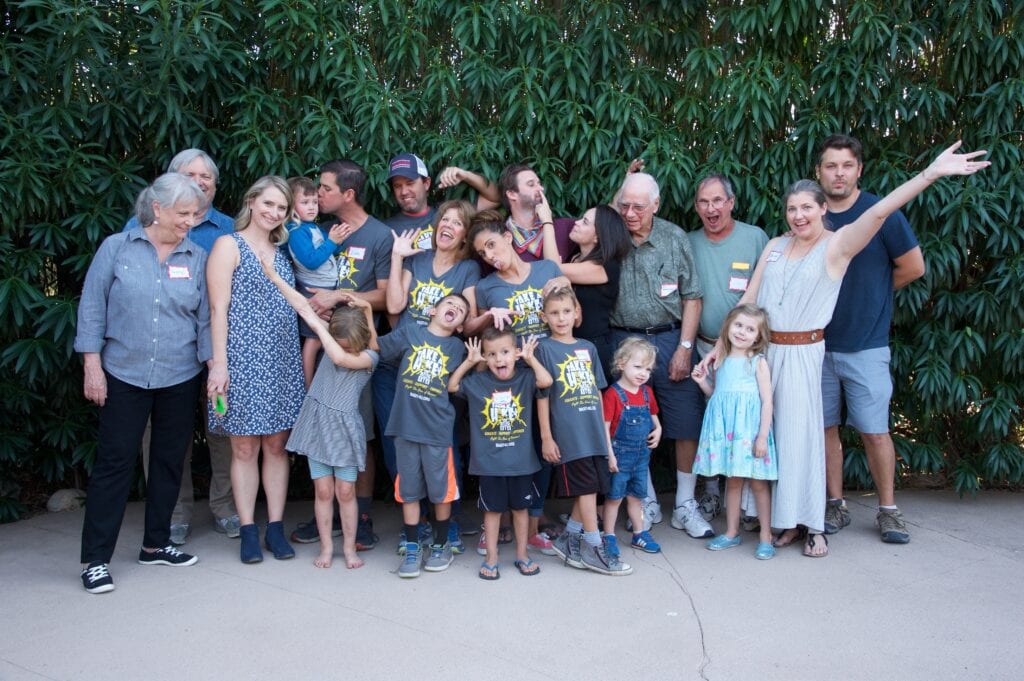
Sherri and her family supporting Bag It
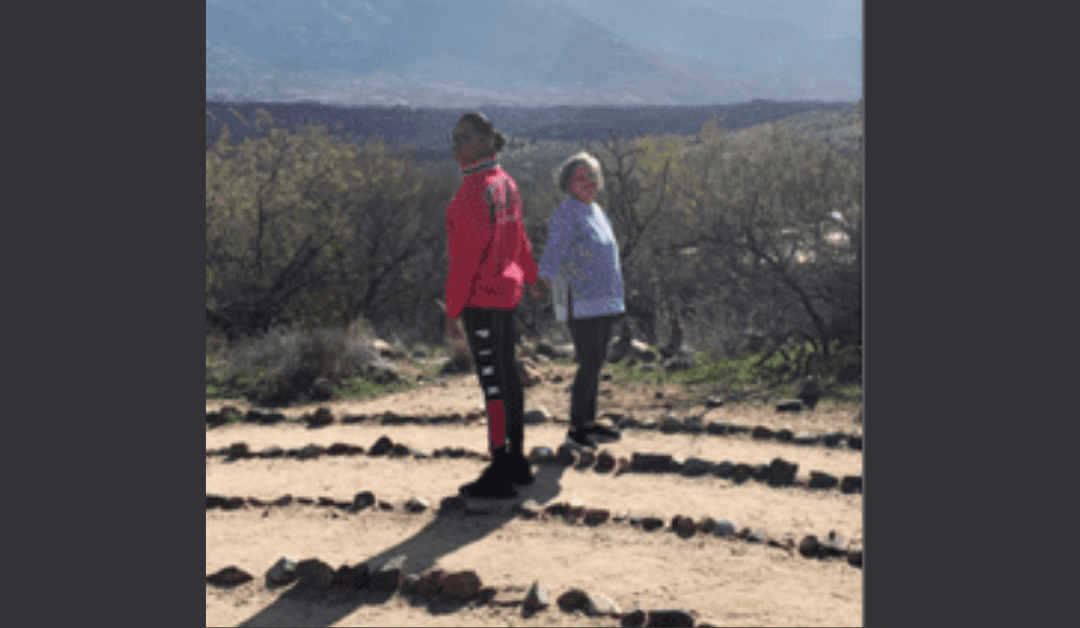
by Annettra Farrington | Jun 8, 2021 | Educational Articles
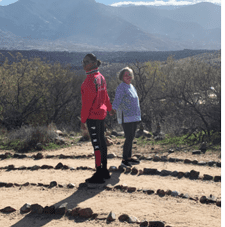 The good news is that there are about 17 million cancer survivors alive today in the United States. Better yet is the fact that there are so many long-term survivors (5 years or more after treatment). While some are able to manage the uncertainties and challenges of life brought on by cancer fairly well, for others the impacts on their physical, emotional, or even financial well-being are felt throughout survivorship.
The good news is that there are about 17 million cancer survivors alive today in the United States. Better yet is the fact that there are so many long-term survivors (5 years or more after treatment). While some are able to manage the uncertainties and challenges of life brought on by cancer fairly well, for others the impacts on their physical, emotional, or even financial well-being are felt throughout survivorship.
It’s never too late to ask for help or seek ongoing support to ease cancer’s lingering burdens and improve one’s quality of life
Physical Well-Being
Survivors are often aware they might experience a few long-term physical side effects of cancer after treatment ends, but not all understand that the main types of treatment can also cause “late effects” that may not appear until months or years later. Long-term survivors can also experience other health conditions due to the treatment received, including an increased risk for other cancers.
Knowing all the cancer treatment (s) (type/duration/dose) you received and its potential effects on your health is important. This is where having a Treatment Summary and Survivorship Care Plan comes in especially handy. It will summarize for you and your other healthcare providers (PCP and other specialists) details about your cancer diagnosis, the treatment you received (and continue to receive, if applicable) and the plan for future follow up care and monitoring for late/long- term treatment side effects, recurrence, etc. It considers the needs of the whole person.
If you did not receive this document from your oncology care team, you can request one or create one for yourself with information they provide to you. See additional resources below for more information.
Emotional Well-Being
Even for long-term survivors, anxiety can persist for many years after treatment. Often the anxiety centers around one or more of the following:
- fear of a recurrence or second cancer
- coping with other ongoing health needs and/or any long-term and late-effects of cancer treatment
- the lingering burden of cancer’s impact on household finances
- the continued strain on relationships, struggles with body image, difficulties around intimacy and sexuality.
Support groups, one-on-one counseling, exercise, relaxation techniques and other complementary and integrative therapies like yoga, tai chi, meditation, and many more, can help to manage the worry and stress and refocus one’s attention.
Some survivors experience severe anxiety, PTSD (post-traumatic stress disorder) or continued depression that significantly disrupts their lives. It is important to speak to your healthcare team and work together to find the best treatment possible for your needs.
Remember that you are not alone. No matter the degree of discomfort or distress, reach out for support so you can heal and find the joy in life you deserve.
Financial Well-being
Whether cancer treatment ends or transitions to maintenance therapy, the healthcare costs for follow-up care and late and long-term effects of treatment can be substantial, creating a burden that can be difficult for long-term survivors to overcome. Even with “good” private health insurance that adequately covers cancer treatment, the toll on one’s overall finances can have lasting effects on their lifestyle, future earning potential, and household assets. A loss of income due to the patient’s and/or other household member’s reduced or inability to work – whether temporary or permanent – can create a financial strain. Serious, unresolved financial hardship can make it difficult for survivors to maintain a consistent standard of living. Large amounts of debt can accumulate over time. Filing for bankruptcy due to medical debt is not uncommon for long-term survivors many years after their cancer diagnosis.
If you are receiving extended cancer treatment and feeling the strain of the out-of-pocket costs of your care, share your concerns with your healthcare team and inquire about your options for care and other community resources available to provide some support.
Links to Additional Resources:
Coping Magazine Survivors Guide
American Society of Clinical Oncologists Survivorship
Cancer Support Community Long-Term Health Concerns
Late effects of cancer treatment
Survivorship Care Plans: Life After Cancer
Survivorship Care Plans: During and After Treatment
Cancer Finances
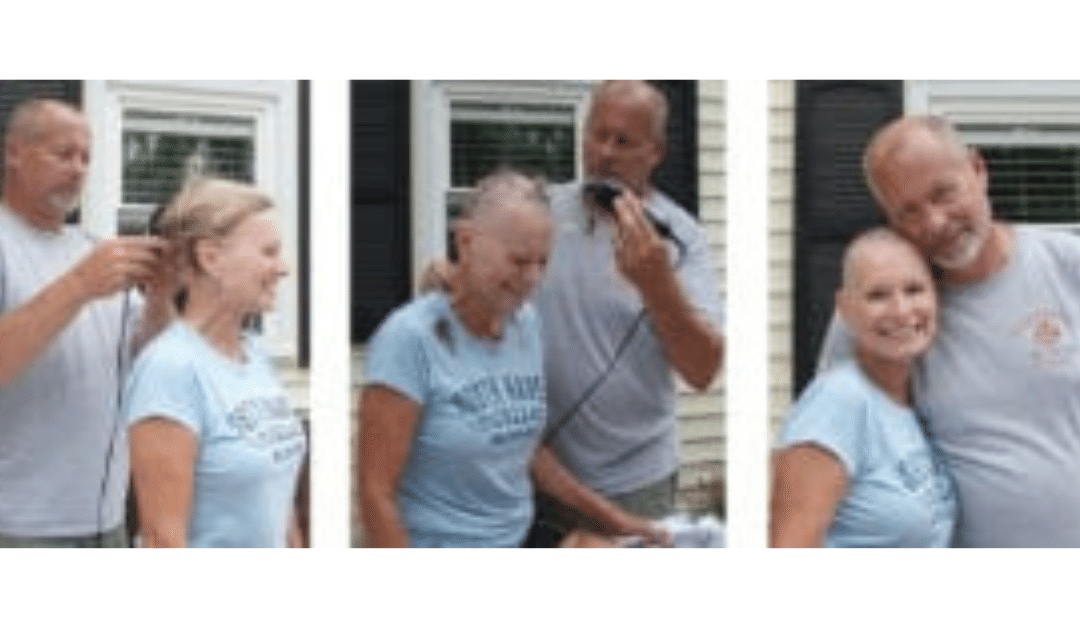
by Mindy Griffith | May 31, 2021 | Blog
Judy Pearson (who writes under Judith L. Pearson) is a published biographer who was diagnosed with Triple Negative Breast Cancer in 2011. Her quest for survivorship information eventually led her to recently publish From Shadows to Life: A Biography of the Cancer Survivorship Movement.
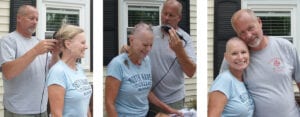
How did you first become interested in the cancer survivorship movement?
I founded A 2nd Act, a survivorship nonprofit, in 2016. Through it, I was introduced to Susie Leigh, one of the founders of the survivorship movement. That random introduction opened the door to the material that became this book.
Fifty years ago, President Richard Nixon signed the National Cancer Act. What impact did it have on the disease?
Prior to the 1970s, only 50% of those diagnosed with cancer survived their disease. And because of the fear that cancer was contagious, survivors lived as pariahs. President Nixon’s motivation for signing it and declaring war on cancer was reelection.
Unprecedented amounts of money were made available for research (and a cure helped) and won him a second term. But no one ever considered what life would be like for the increasing number of individuals who would survive the disease.
Much of your book is about the creation of the National Coalition for Cancer Survivorship (NCCS). What strides did it make in changing our country’s view of people who had been diagnosed with cancer?
First and foremost, the NCCS founders created a definition for survivorship. It begins at diagnosis, because that’s when someone begins surviving the disease, and it continues through the balance of life.
Remarkably, until nearly the turn of the 21st century, survivors were discriminated against on all fronts. They could lose their jobs and their insurance for disclosing a cancer diagnosis. NCCS’s early focus was on combatting this discrimination, from the halls of Congress to the bridge clubs and golf courses of small-town America.
They fought to improve healthcare, during and after cancer treatment, helping with the troubling longterm effects. And, like the canaries in the coal mine, all of the survivors’ experiences have helped inform current treatment modalities. Doctors have learned that less is often more, and that quality of life far outweighs quantity of life.
What work still needs to be done in the area of cancer survivorship?
When we’re diagnosed, we spend a period of time in a frenetic stage of diagnostics and treatment. But hopefully, that’s just a small blip on the timeline of one’s life. True, cancer doesn’t end when treatment does.
But there’s healing in helping. The survivorship movement was based on the veterans guiding the rookies. Advocating for ourselves and others will power the movement forward and benefit us. We are now the movement: survivors, caregivers, and medical professionals. So let’s get moving!
Do you want to hear more about Judy’s cancer experience and the history of survivorship? Join us on Sunday, June 6 as she helps Bag It celebrate National Cancer Survivors Day® with a virtual conversation. You can join the virtual presentation on Facebook or register to join the Zoom conversation.
Learn more about the event
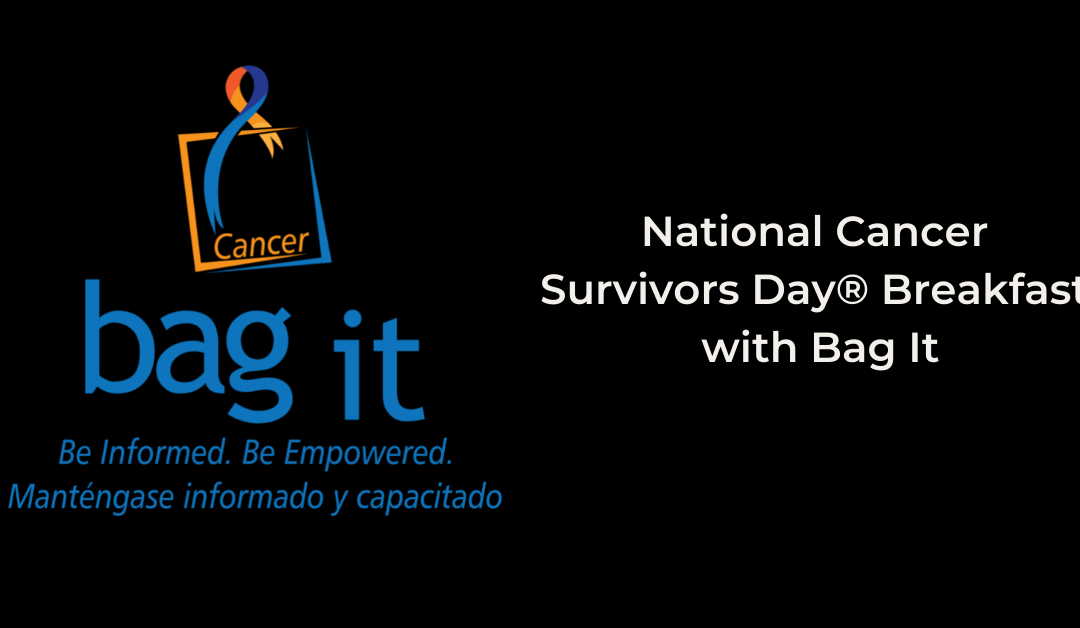
by Mindy Griffith | May 26, 2021 | Events
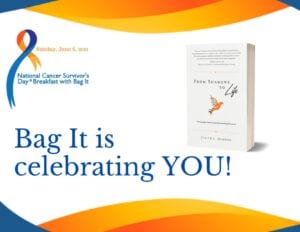
Have you received a Bag It bag? Are you a cancer survivor? Bag It wants to celebrate YOU.
Join us for a virtual program celebrating survivorship. Judith L. Pearson will share about her cancer experience and her new book From Shadows to Life: A Biography of the Cancer Survivorship Movement.
Sunday, June 6th
8:00-9:00 a.m. Tucson & Phoenix Breakfast pick up
10:00 a.m. Virtual Program
Then enjoy your breakfast in the comfort of your home as you log in and join us for the virtual program/celebration.
This event is not a fundraiser and is being offered at no cost to you. We want to celebrate YOU and hope you will join us for both breakfast and the presentation or just register to join us for the presentation. Whatever works best for you.
Please register early as space and free breakfasts are limited. You will be able to watch it live on Facebook without a registration.








 The good news is that there are about 17 million cancer survivors alive today in the United States. Better yet is the fact that there are so many long-term
The good news is that there are about 17 million cancer survivors alive today in the United States. Better yet is the fact that there are so many long-term



Recent Comments